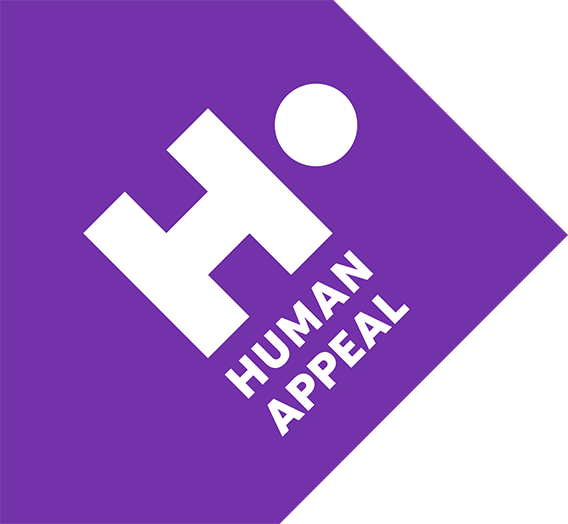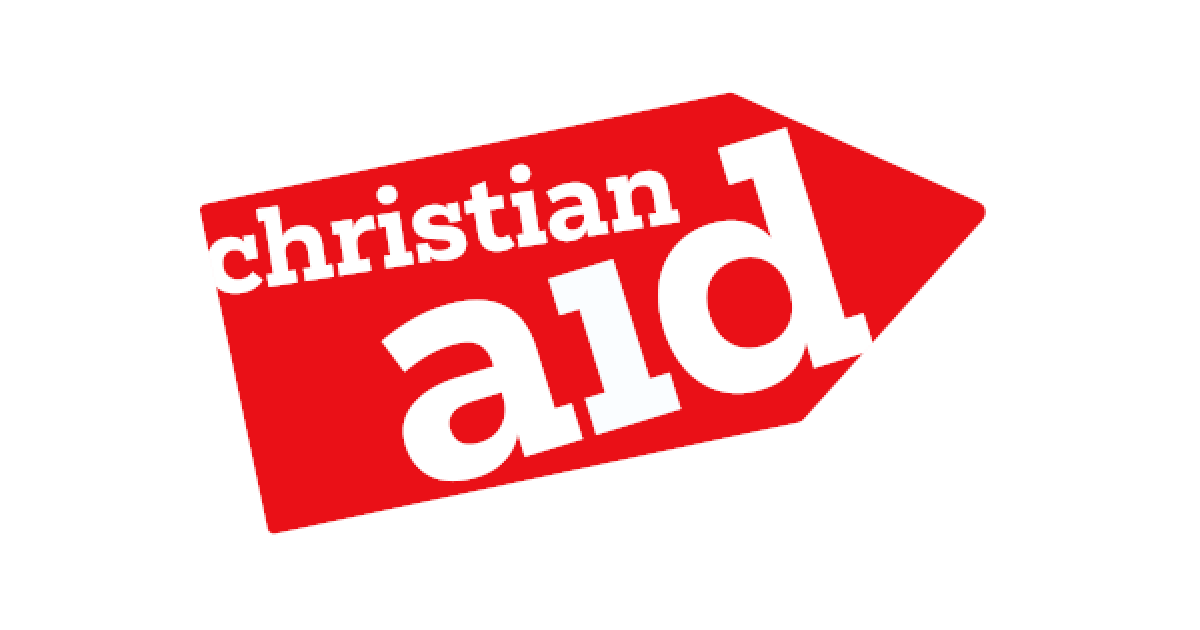Government to Enshrine Charities’ Right to Protest in New “Covenant”
What’s the Deal?
The UK government is preparing to launch a formal Civil Society Covenant, promising to protect charities’ rights to protest, campaign, and shape public policy — without fear of censorship or political retaliation. The move is being seen as an attempt to reset years of damaged relations between ministers and the voluntary sector.
Why It Matters
- The Covenant pledges to protect independence, freedom of expression, and the ability to challenge government decisions.
- It explicitly recognises peaceful protest and advocacy as legitimate and vital tools of a healthy democracy.
- This comes after a decade in which many charities felt silenced or sidelined by governments uncomfortable with criticism.
Sector Reaction: Warm Words, Watchful Eyes
Early response from the charity sector is positive — but cautious.
- Jane Ide, CEO of ACEVO, called the covenant: “Absolutely essential for a healthy democracy. Charities must be able to speak truth to power without fear of reprisal.”
She stressed the need to move away from a culture where charities are treated as “subcontractors” rather than true policy partners. - Sarah Vibert of NCVO welcomed the opportunity to rebuild a relationship “based on trust, not transaction.”
- A senior figure at SCVO said: “This is a massive opportunity to do things in a different way — but only if ministers are ready to listen even when it’s uncomfortable.”
Still, organisations working on Palestine, migration, racial justice, and climate remain wary. The recent Palestine Action ban, policing of protests, and funding threats toward vocal charities haven’t been forgotten.
Historical Perspective: A Fragile Track Record
This isn’t the first time the UK government has tried to formalise its relationship with civil society — and past efforts have left many disappointed.
- 1998 – The Compact
Introduced by Tony Blair’s Labour government, the Compact promised partnership and mutual respect. It was pioneering — but not enforceable. - 2010s – Collapse of Trust
Under the Coalition and Conservative governments, the Compact lost relevance. Many local authorities ignored it, and national ministers penalised charities for speaking out — often by cutting funding. - 2014 – The Lobbying Act
Dubbed the “gagging law,” it restricted campaigning during elections. This had a chilling effect on sector advocacy and has never been repealed. - 2019–2024 – The Culture War Era
Charities speaking on race, poverty, gender, or environment were labelled “woke” and “activist.” Relations hit a low under Boris Johnson, and many charities feared political reprisal.
Now, the Covenant is being pitched as a reset — not just in tone, but in structure. But unless it comes with legal safeguards and transparency, it risks becoming another forgotten Compact.
Key Challenges Ahead
- Will it be legally binding? Or just another unenforceable agreement?
- Will it apply to all charities — even those the government disagrees with?
- Will frontline organisations have the time and resources to engage?
Final Thoughts
The Civil Society Covenant has the potential to restore trust and empower charities to do what they do best: speak up, serve communities, and challenge injustice. But goodwill alone won’t be enough. It must be backed by transparency, consistency, and accountability — or it risks being just another promise that doesn’t survive a change in government.
Join the Conversation
- Do you trust this new approach?
- Has your organisation faced challenges campaigning or protesting?
- What would you like to see written into the Covenant?
👉 Share your thoughts below or tag us on social: #CharityChampionCovenant
Published: 17 July 2025
Updated: 17 July 2025








